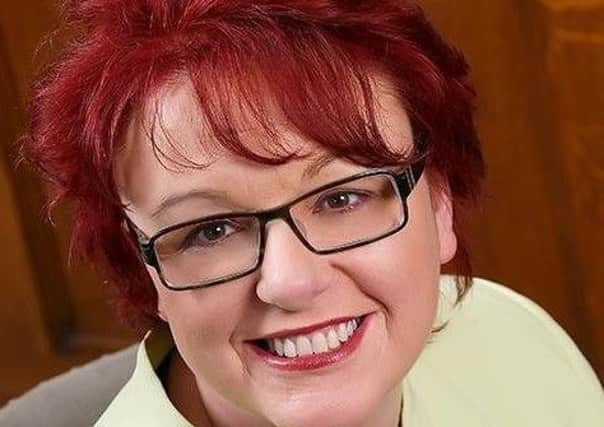Councils are running out of options to cope with cuts, says Yorkshire chief executive


Jo Miller, the chief executive of Doncaster council and president of Solace, the body representing council chief executives and senior managers, says many local authorities do not generate enough in taxes to cover their spending pressures.
The warning comes a day after a report by the public spending watchdog that financially-strained councils are increasingly dipping into their reserves as they battle to meet growing demand for social care services.
Advertisement
Hide AdAdvertisement
Hide AdA root and branch review of town hall accounts from 2010/11 to 2016/17 showed the financial positions of local authorities across England has “worsened markedly”, the National Audit Office (NAO) said.
It warned the Government faces “sleepwalking” into a centralised local authority financial system as years of short-term fixes, dipping into reserves and cutting back on essential services leave councils at the brink.
In a newspaper article, Ms Miller wrote that the findings “came as no surprise to council chief executives” and said she expected “the usual Orwellian soundbite response from government”.
She said chief executives and their staff had worked with politicians from different parties to improve matters and “extracted every ounce of value from the public pound”.
Advertisement
Hide AdAdvertisement
Hide AdShe said: “We are proud of how our councils have responded to austerity. But we also recognise that our staff are fast reaching their limits and cannot go on this way. We are acutely aware of the toll that the cuts have taken on our communities despite our best efforts.”
In Doncaster, councillors this month approved a 3.99 per cent rise in council tax, but the authority still has a £44.4m budget gap in the next three years.
Ms Miller said that councils did not know what funding councils would be getting in two years’ time, and that the only help offered from government was flexibility on council tax and the ability to retain a greater proportion of business rates. She wrote: “Leaving aside that both taxes are outdated and regressive, many places across the country simply do not have a sufficient tax base to generate enough income to cover their spending pressures.
“One colleague, for example, observed that their business rates revenue would have to grow by 25 per cent just to meet today’s needs, let alone future demand. Those who think it’s all going to be okay are in the realms of fantasy.”
Advertisement
Hide AdAdvertisement
Hide AdShe added: “When one of my most respected colleagues observes that it is getting tempting to say that they are not prepared to do this anymore, not because they can’t, but because it’s the wrong thing to do, that has to be a wake-up call for the government.
“As public servants, we have done and will continue to do our best to shield our communities from the effects of cuts. But the reality is that we are running out of options.”
The Government is currently carrying out a consultation over council resources.
A Ministry of Housing, Communities and Local Government spokesman said: “We agree with Jo Miller when she says ‘councils need certainty, stability and flexibility to plan effectively’. That’s why we have given councils a four-year funding settlement.
Advertisement
Hide AdAdvertisement
Hide Ad“We are currently working with local authorities to review their needs and resources. Our consultation closes on Monday, and all responses will be considered as we look to devise a new funding system.”